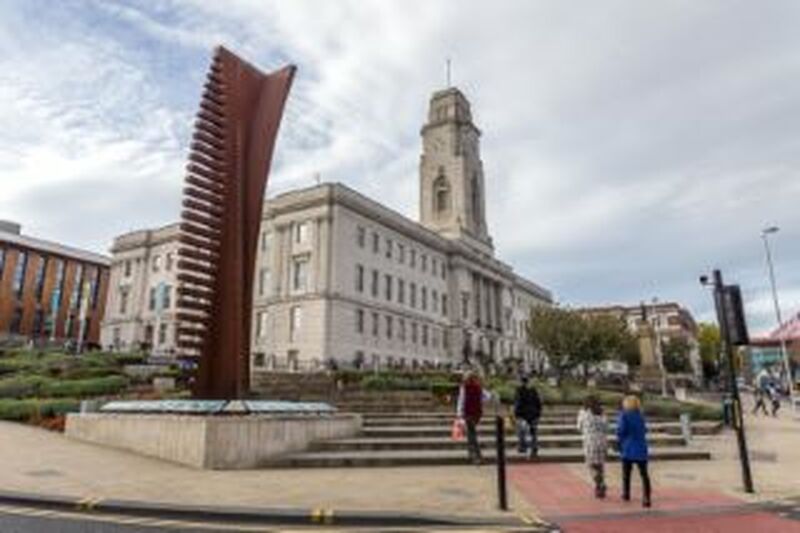COUNCIL finance bosses have said they have a ‘plan in place’ to balance this year’s budget - after it was revealed they’re expected to spend £17m more than first anticipated.
A quarterly update on the council’s financial position will be presented to ruling cabinet members on Wednesday.
The update highlights Barnsley Council’s plans to manage the challenges they are facing as a result of year of government cutbacks and rising demand for council services.
It’s estimated that the council will spend £17.5m more than they set out in their revenue budget which funds day-to-day running costs.
This includes costs such as employees’ pay, schools, social care, planning, public health, bin collections and road maintenance.
It’s funded from a combination of government grants, fees and charges, business rates and council tax.
Capital spending is separate from the revenue budget.
Capital is used for investments and projects that drive Barnsley’s future forward and funding comes from selling off land and buildings, borrowing and specific grants and contributions.
Council tax is not used to directly fund capital investments and the council cannot use this funding to pay for the cost of running day-to-day services.
Bosses have said they predicted part of this to happen and therefore set aside some funds to help pay for the pressures they face.
Tighter controls on procurement and recruitment spend will now be in action to help save the council more money.
Council leader Sir Steve Houghton said: “Additional services pressures have put significant demands on the council’s finances.
“We’re estimating to spend £17.5m more than we set in our revenue budget.
“This includes £12.7m for children’s services - including legal services and business intelligence costs - £3.5m for pay inflation and £1.3m for other costs.
“However, we have plans in place to deal with these through increased efficiencies and the use of reserves.
“This means that the council remains on course to produce a balanced budget by the end of the financial year in March 2024.
“Unlike other councils that are struggling to meet these demands, Barnsley’s overall financial position remains sound.”
The council is also updating its three-year plan up to 2026/27.
Described as ‘robust’, it’s hoped the plan will help bosses deliver services more efficiently to help meet future pressures.
Sir Steve has called on the government to invest more in local authorities like Barnsley Council.
“These increased costs will need to be included in future financial planning,” he added.
“This means the council will need to continue with its efficiency drive and look at ways to transform and reshape services if that strong financial position is to be maintained.
“Equally, the government will need to recognise the huge pressures which exist in local government and reflect these in improved grant settlements to local authorities.
“This will be needed to make sure the sector overall can continue to meet its statutory obligations.”



























